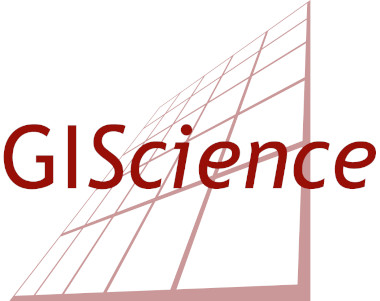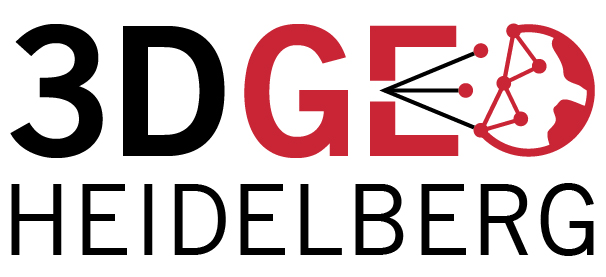Tag: disaster
-
GIScience Colloquium Talk on Remote sensing in hazard and disaster monitoring, April 24
we cordially invite everybody interested to our next open GIScience colloquium talk on Mon, April 24, 2.15 pm, at the Department of Geography, Heidelberg University, Im Neuenheimer Feld 348, Lecture Hall, Room 015. The presentation will be given by Prof. Dr. Christine Pohl (Osnabrück). The topic is: The role of multimodal and multitemporal remote sensing…
-
Missing Maps Mapathon at Makerspace (DAI) – OSM for Malaria Elimination
Many regions of our world are not covered on a map. Maps are however an important tool for planning vaccination campaigns and for ensuring medical supplies. Places that are not covered in a map are in many cases nonexistent for authorities and other organizations. We want to change this situation – with your help- and…
-
Two talks on Tsunami Modeling ended GIScience Colloquium WS16/17
the GIScience Heidelberg colloquium series winter semester 2016/17 finished last week with even two presentations about Modeling Tsunami based risks and exposure. We were happy to hear first an overview from Andreas Schäfer vom KIT’s CEDIM about his PhD on Developing a Global Tsunami Risk Model. Thanks for our partners in the HeiKA CrowdFDA project…
-
Integrating MapSwipe and HOT Tasking Manager
The MapSwipe app allows you to mark buildings and roads on satellite imagery within just a few seconds by tapping on your smartphone. Thousands of volunteers contributed to MapSwipe so far and it is just incredible how big the areas are that have been scanned (also see : With one swipe or tap you put…
-
HOT Summit MapSwipe and Pybossa Video Online
The presentations of this years HOT summit that was held in Brussels (September 22, 2016) were recorded and are now available in the Youtube channel of HOT, the Humanitarian OpenStreetMap Team. If you missed the summit and are interested in what we are doing, have a look at the video of the joint presentation of…
-
The Tasks of the Crowd: A Typology of Tasks in Geographic Information Crowdsourcing and a Case Study in Humanitarian Mapping
In the past few years, volunteers have produced geographic information of different kinds, using a variety of different crowdsourcing platforms, within a broad range of contexts. However, there is still a lack of clarity about the specific types of tasks that volunteers can perform for deriving geographic information from remotely sensed imagery, and how the…
-
Radio Interview on activities @ Heidelberg Institute for Geoinformation Technology
recently Prof. Zipf gave an radio interview in German about some of the activities of the GIScience Research Group and the Heidelberg Institute for Geoinformation Technologies (HeiGIT); which is currently being established with core funding by the Klaus Tschira Stiftung Heidelberg. The short radio broadcast (mp3) covers e.g. work on improving and generating Geographic Information…
-
MapSwipe App for humanitarian mapping featured in Product Hunt today
today MapSwipe is featured in “Product Hunt”, a kind of reddit for products. https://www.producthunt.com/tech/mapswipe Learn more about the smartphone App that helps you to put a family on the map. It is so simple even children can use it but helps humanitarian organisations like the Red Cross and Doctors without Borders to better plan and…


